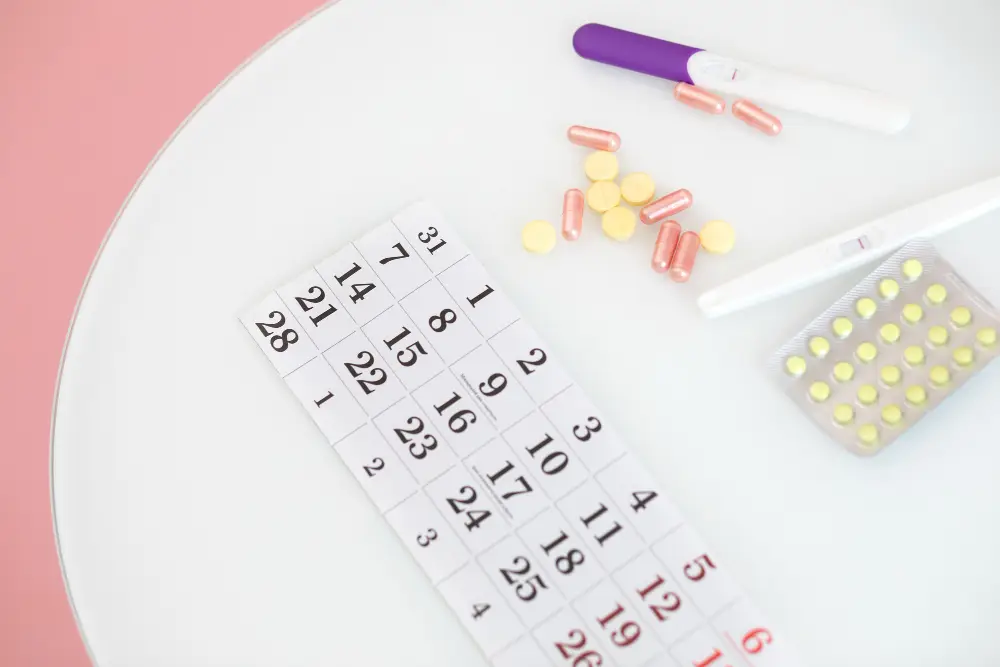If you are preparing for IVF and wondering whether weight plays a role in the success of the treatment. It’s a common concern, and it’s natural to want to do everything possible to increase your chances. Weight can impact fertility and treatment outcomes, but it varies with individual health.
Understanding the Connection Between Weight and IVF
Weight can affect fertility, including ovulation and the success of treatments like IVF. Maintaining a healthy weight can improve fertility by helping regulate hormone levels. The World Health Organization (WHO) considers a BMI between 18.5 and 24.9 ideal for fertility treatments. This range is associated with better outcomes in fertility and treatment effectiveness. BMI is just one measure and doesn’t provide a complete picture of your health.
A higher BMI doesn’t mean that you cannot conceive through IVF. Many with higher BMIs have successful IVF experiences and have healthy pregnancies. Your fertility specialist may discuss higher medication doses or challenges with egg retrieval. A higher BMI can impact pregnancy risks, including gestational diabetes and preeclampsia. These conditions causes complications like high blood pressure and liver or kidney damage.
How Much Weight Loss Is Necessary, If Any?
If your doctor recommends weight loss before IVF, even small changes can help. Studies suggest losing 5-10% of body weight can improve ovulation and hormone balance. This doesn’t mean you have to aim for a dramatic transformation. Gradual, sustainable changes like balanced meals and regular exercise can have a positive impact.
A very recent large study indicated that losing intensive weight prior to IVF does not affect your chances of Live birth rates. But it is always better to have an optimum weight before you conceive in order to avoid complications in pregnancy like high blood pressure, diabetes and other obstetrical complications.
If you’re near a healthy weight, focusing on wellness, not just weight loss, works. A balanced diet with fruits, vegetables, whole grains, and lean proteins supports your body’s needs. Simple activities like daily walks or yoga can help manage stress and boost strength.
A Personalised Approach to Your Journey
Your fertility journey is as unique as you are. When it comes to weight and IVF, there’s no one-size-fits-all answer. Some may enjoy focusing on weight changes, while others should focus on the well-being and mental health. What matters most is what feels right for you, in consultation with your doctor.
Discussing your weight with your fertility specialist can provide clarity on treatment options. Adjusting your lifestyle might improve comfort or health during IVF. Alternatively, your current state may be perfectly suited for moving forward with treatment. Either way, the decision is yours, and support is available every step of the way.
Conclusion
The most important factor in weight and IVF is feeling empowered and supported. Whether you make lifestyle changes or proceed as you are, it’s about what aligns with your needs. The journey is about choosing the path that supports you best. Your fertility specialist is there to guide you, but you’re the expert on your own body.
There’s no perfect formula for success with IVF. What counts is that you feel ready—physically, mentally, and emotionally—to take this step. So, take it at your own pace, and know that you are supported every step of the way.
FAQs:
- Are there specific diets recommended for those undergoing IVF?
There is no one-size-fits-all diet, but many experts recommend a balanced diet for IVF. A diet rich in antioxidants, whole grains, lean proteins, and healthy fats supports the well-being. The Mediterranean diet, rich in fruits, vegetables, olive oil, and fish, often recommended for fertility. Its combination of nutrients may support reproductive health and the well-being. Your doctor or a fertility dietitian can provide tailored dietary advice.
- How can stress management help during the IVF process?
Managing stress is crucial during IVF as it helps maintain a positive mindset. This can potentially improve treatment outcomes by supporting both emotional and physical well-being. Stress-reducing activities like yoga, meditation, and deep-breathing exercises can be beneficial. Talking to a therapist or joining a support group can offer valuable emotional support.
- If I don’t lose weight, can I still proceed with IVF?
Yes, you can still proceed with IVF even if you don’t lose weight, as weight is just one factor in fertility. Your fertility specialist will evaluate factors like hormone levels and ovarian function. This helps determine the most suitable approach for your treatment. They can adjust the treatment plan to address challenges, ensuring a safe and effective journey.
- Can being underweight affect my chances of success with IVF?
Yes, being underweight can impact IVF success by disrupting hormone levels and ovulation. This can lead to irregular menstrual cycles, affecting fertility and treatment outcomes. A lower BMI may affect your body’s ability to produce enough eggs during stimulation . Work with your doctor to find a balanced approach to nutrition and weight management before IVF. This ensures your body is in the best possible condition for successful treatment.





